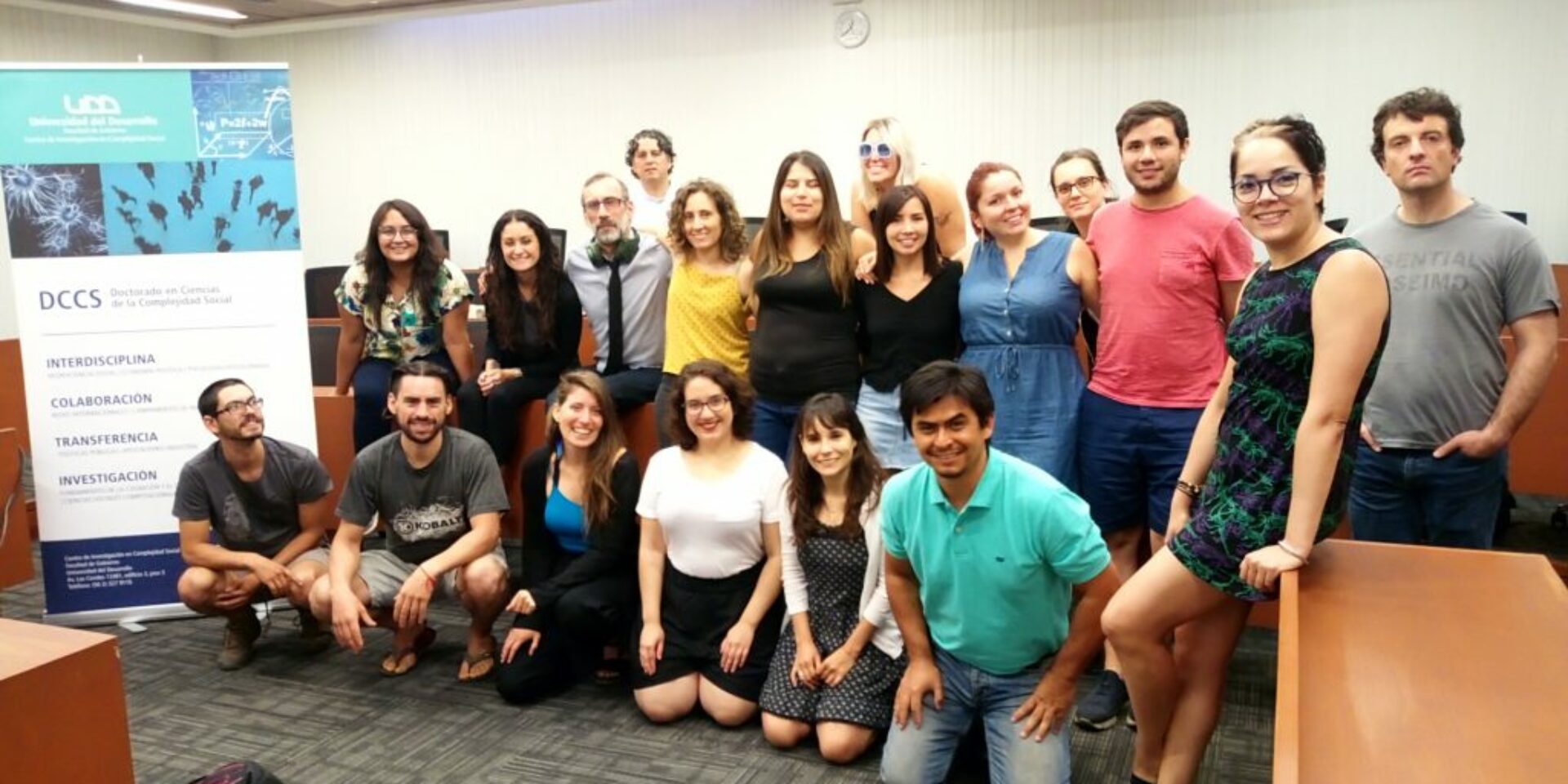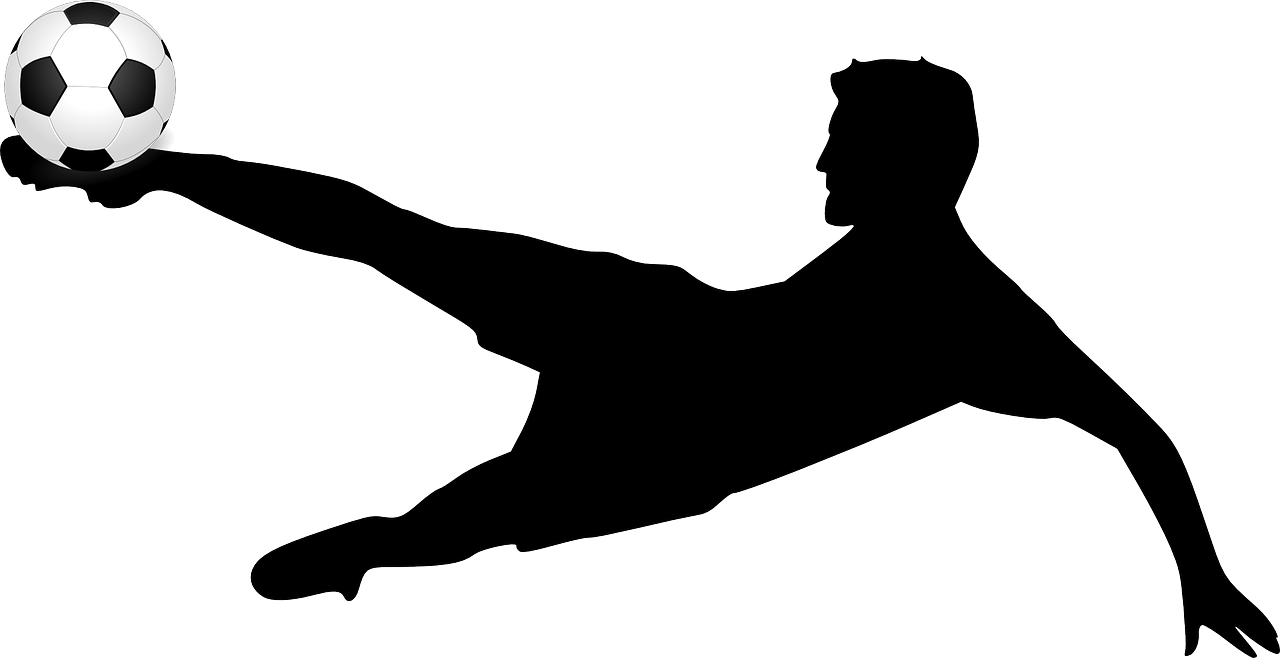
«In his life, a man can change women, political parties or religions, but he cannot change soccer teams.» – Eduardo Galeano
People organize their lives around group identities and from it derives not only material benefits, but also symbolic and emotional benefits. The question arising is, what influence does affiliation have when facing a social dilemma in which there is a tension between self-interest and collective interest? That is the question Francisco Zamorano, Doctor of Medical Sciences and researcher at the Research Center in Social Complexity (CICS) at the Universidad del Desarrollo, is trying to ask in his research “Cognitive and neurobiological mechanisms of social cohesion: soccer as a model of affiliation and group conflict”, whose financing for its development were obtained after awarding a National Fund for Scientific and Technological Development (Fondecyt, as its Spanish acronyms).
have when facing a social dilemma in which there is a tension between self-interest and collective interest? That is the question Francisco Zamorano, Doctor of Medical Sciences and researcher at the Research Center in Social Complexity (CICS) at the Universidad del Desarrollo, is trying to ask in his research “Cognitive and neurobiological mechanisms of social cohesion: soccer as a model of affiliation and group conflict”, whose financing for its development were obtained after awarding a National Fund for Scientific and Technological Development (Fondecyt, as its Spanish acronyms).
The project, developed together with Dr. Pablo Billeke and Dr. Carlos Rodríguez-Sickert, both CICS researchers, aims to improve the understanding of the role of the neurobiological mechanisms underlying behavioral control in soccer fans, and how behaviors vary intra and intergroup cooperation and competition in different contexts of social affiliation.
As indicated by the researchers, soccer represents a powerful model of social affiliation, very little explored in the study of neurobiological correlates of complex social behaviors, in addition to being considered an activity aimed at the alienation of the masses. In this line, Dr. Zamorano says that “soccer is something we live every day, everywhere in the world. It is a globalized phenomenon that is present in any social or age stratum and the interesting thing is that it is an extreme affiliation ”.
Background
In the same society, there are important differences in cooperative behaviors among its members when they relate to people in their family group, compared to when they interact with people not related to them. The evidence indicates that this capacity for discrimination would have given way to intergroup conflicts, which were an important selection pressure during the evolution of our lineage. In this way, the intergroup conflict would have accentuated the development of aggressive and cooperative traits in our species, but especially in human male ancestors. Specifically, the evidence shows that, under a scenario of intergroup competition, men are more likely to be aggressive with their peers from other groups and more cooperative with their own.
Therefore, two main causes of conflict are, on the one hand, the widespread and automatic propensity of people to categorize themselves and others in terms of inter and intragroup divisions and, on the other hand, the role that play intra-group ties in guiding people’s responses to all kinds of threats.
However, there are instances in which there may be a need to form a social coalition, which occurs when different individuals come together to fight for a common goal. Generally, these articulations operate as changing social forces depending on the product and the historical cycle, promoting processes of productive, institutional or legislative transformation. This knowledge is essential for the development of better conflict prevention and intervention strategies and thus contribute to a better functioning of society.
The methodology
To paraphrase Waldemar Méndez, former professional soccer player and current soccer analyst and commentator on Fox Sport Radio, in a previous study conducted with Dr. Zamorano, the latter adds that, “the soccer model can be seen as a war model, but in time of peace: we will have the ‘best’ of war to study, but obviously without the implications”. In this way, the cognitive responses of the fans of two Chilean soccer teams will be studied as an ecological model of affiliation in the context of competition, while solving experimental paradigms of game theory, emotions associated with affiliation and cognitive control.
The methodology to be used will be the brain activity log through functional magnetic resonance in an ecological context. In addition, the experimental subjects – 80 healthy adult soccer fans of the Colo-Colo or Universidad de Chile clubs – will participate in two psychological evaluations that will specifically investigate the IQ and personality characteristics. In addition, they will answer a soccer fanaticism survey to determine their degree of affiliation to the team and will be classified according to the soccer fanaticism survey developed by Tasmektepligil, a the Turkish researcher.
What is expected
One of the most important contributions of this research is the relevance of the knowledge acquired during this project, knowledge that will serve to develop better intervention and education strategies to prevent conflicts arising from intergroup antagonism. Similarly, it seeks a better understanding of cognitive and neurobiological nature of the mechanisms that underlie social affiliation and decision-making in situations of competition in contexts of intra-group homophilia and intergroup antagonism. Thus, through the use of a novel approach, game theory and the integration of an evolutionary perspective will be used, in order to understand the mechanisms behind social conflict, using soccer as a model.